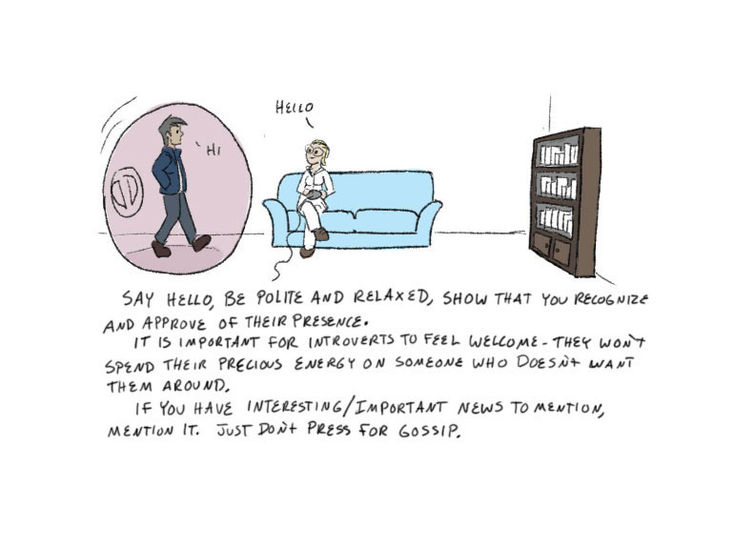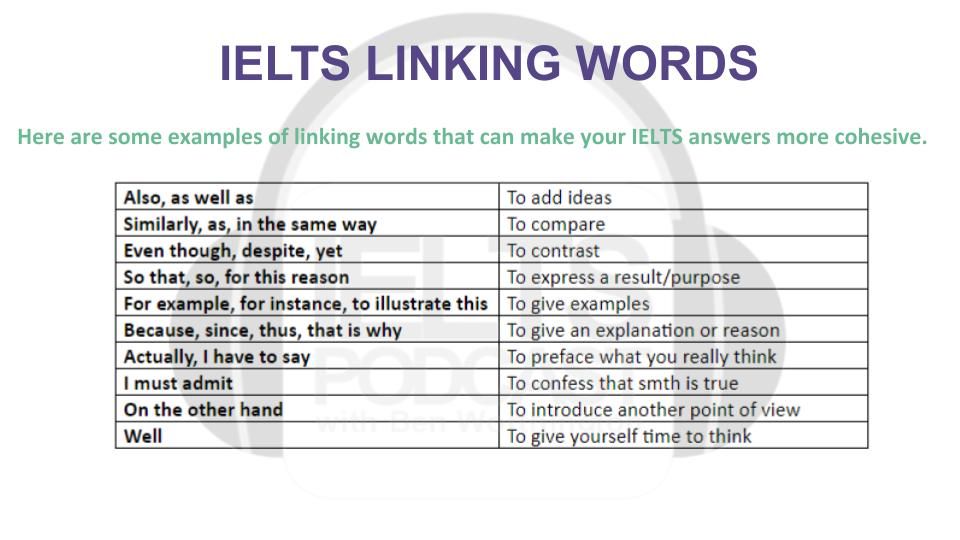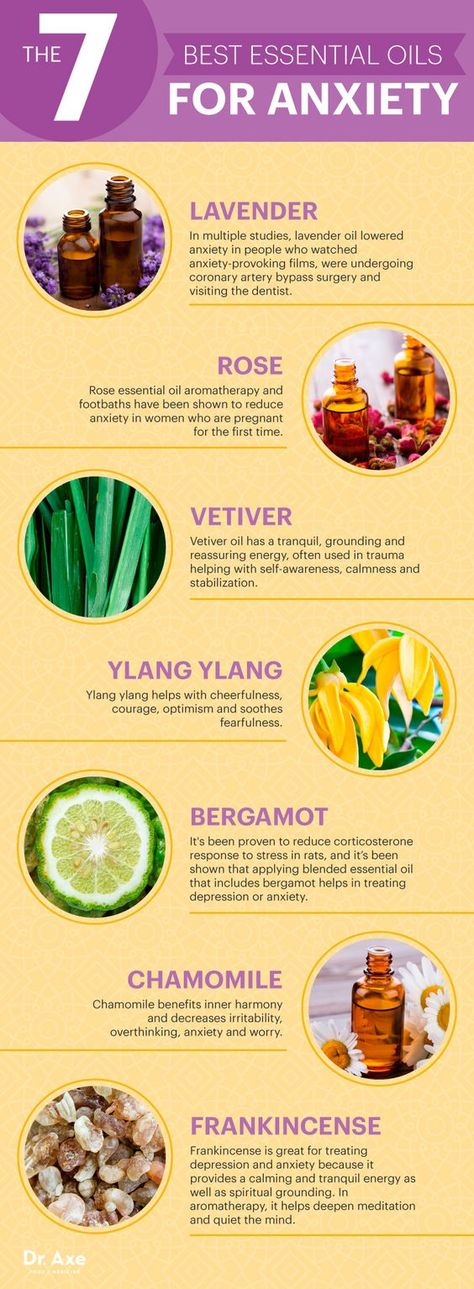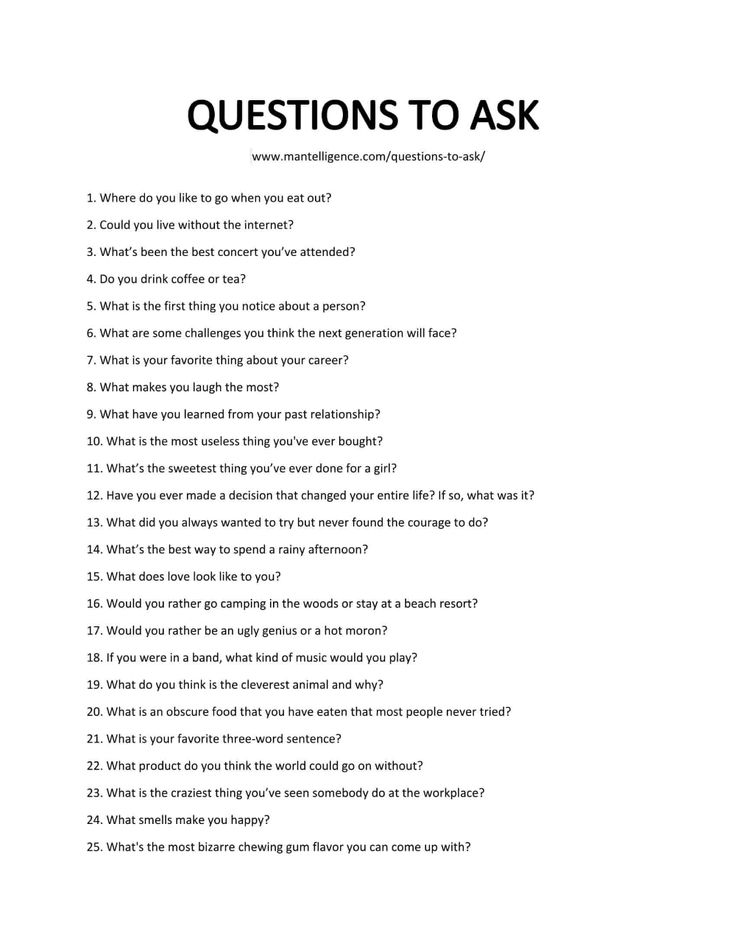What to do when you are anxious and nervous
Why It's Different from Anxiety & How to Feel Better
Everyone experiences nervousness at one time or another. It feels like a combination of anxiety, dread, and excitement all at once. Your palms may get sweaty, your heart rate may increase, and you may feel that fluttery nervous stomach feeling.
Anything that causes apprehension or fear can lead to feelings of nervousness. They can be brought on by good experiences and negative ones, such as a first date, a job interview, or attending a funeral.
Nervousness is a common feeling brought on by your body’s stress response. This involves series of hormonal and physiological responses that help prepare you to handle a perceived or imagined threat.
Your body prepares to fight or flee a threat by boosting adrenaline production. Almost instantly, your heart begins to beat faster, your blood pressure rises, and your breathing quickens, increasing your alertness and energy.
This response can result in feelings of nervousness and anxiety.
Nervousness is a natural response to a stressful event. It’s temporary and resolves once the stress has passed. It can be controlled, even if you’re someone who is more prone to nervous feelings.
While nervousness is a common symptom of anxiety disorders, they’re not the same thing.
Anxiety disorders are psychiatric disorders that develop from a number of complex factors, including genetics, brain chemistry, and life events. Anxiety disorders are long-lasting and uncontrollable without treatment.
People with an anxiety disorder often experience severe feelings of nervousness or worry. These feelings can come on frequently and without an obvious stressor.
People may also experience a number of pronounced physical and mental symptoms that impact their ability to function.
symptoms of anxiety disorders
- headaches
- odd sensations in your body
- numbness
- body aches and pain
- irritability
- shaking or trembling
- insomnia
- trouble concentrating
- rapid heart beat
- chest tightness
- fatigue
- stomach aches
- diarrhea
- sweating
Nervousness is a normal reaction to certain situations. With these tips and a little practice, you can learn how to keep your nerves from getting the better of you.
With these tips and a little practice, you can learn how to keep your nerves from getting the better of you.
Don’t be afraid of nervousness
In an uncomfortable situation, remind yourself that nervousness is normal, and it can even be helpful.
Most of us feel this way when presented with new challenges and opportunities. Ultimately, these experiences help us grow.
Nervousness is your body’s way of preparing you for what’s coming, which is usually something that’s outside your comfort zone. Letting go of your fear and accepting that it’s a completely natural experience can help keep your nerves in check.
Be prepared
You can’t always predict or plan for everything that life throws your way. However, there are some work and social situations that you can prepare for in advance. These include:
- practicing for a scheduled work presentation or meeting
- having a friend or loved one accompany you to an event or appointment
- allowing extra time to get ready for work, dates, or other social events
Get into a positive headspace
A lack of confidence or worrying that you’ll mess up are often to blame for nervousness.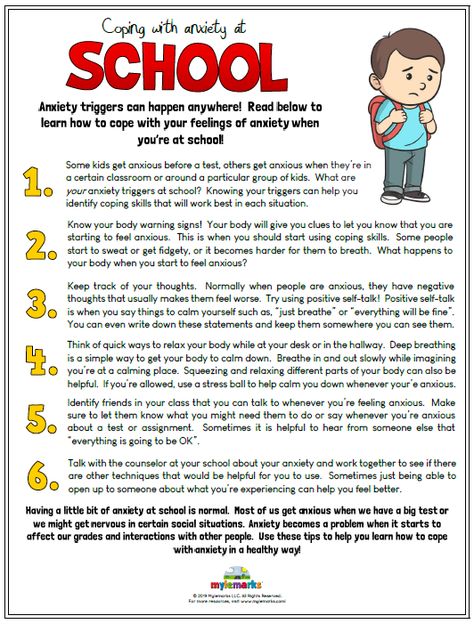 When you begin to doubt your abilities, find ways to get yourself into a more positive frame of mind.
When you begin to doubt your abilities, find ways to get yourself into a more positive frame of mind.
To do this, use positive self-talk or envision your desired outcome. Putting on an uplifting song or movie can also work wonders.
Talk to someone
Call your mom, your best friend, or anyone else you trust. Sharing your feelings with someone you feel comfortable with helps put things in perspective. They can help you see the situation in a more rational light.
A 2014 study showed that sharing your feelings with someone else, especially someone who’s been through a similar situation, can reduce stress and make you feel more positive.
Try a relaxation technique
Learning to relax is important for overcoming nervousness and managing stress in general. Breathing exercises are just one way to practice relaxation.
Deep breathing works quickly, and it can be practiced at any time and any place you feel nervous. There are different types of breathing exercises that have been shown to work. These include the 4-7-8 breathing technique and diaphragmatic breathing.
These include the 4-7-8 breathing technique and diaphragmatic breathing.
ways to cope with stress
- exercise
- yoga
- meditation
- massage
- listening to music
- spending time with a pet
- aromatherapy
Nervousness is a perfectly natural response to a new experience or a situation that’s outside of your comfort zone. While uncomfortable, the feeling is only temporary, and you’ll feel better once the cause of your nervousness is over.
You can work to overcome your nervousness with some simple relaxation exercises or preparing in advance for situations that can take you out of your comfort zone.
12 Ways to Calm Anxiety Naturally
The symptoms of anxiety such as nervousness and fear can affect many aspects of your life. Here are some lifestyle tips to help you manage it.
I wasn’t always an anxious person, but after a depression diagnosis 6 years ago, I was quickly overwhelmed with symptoms that became hard to ignore.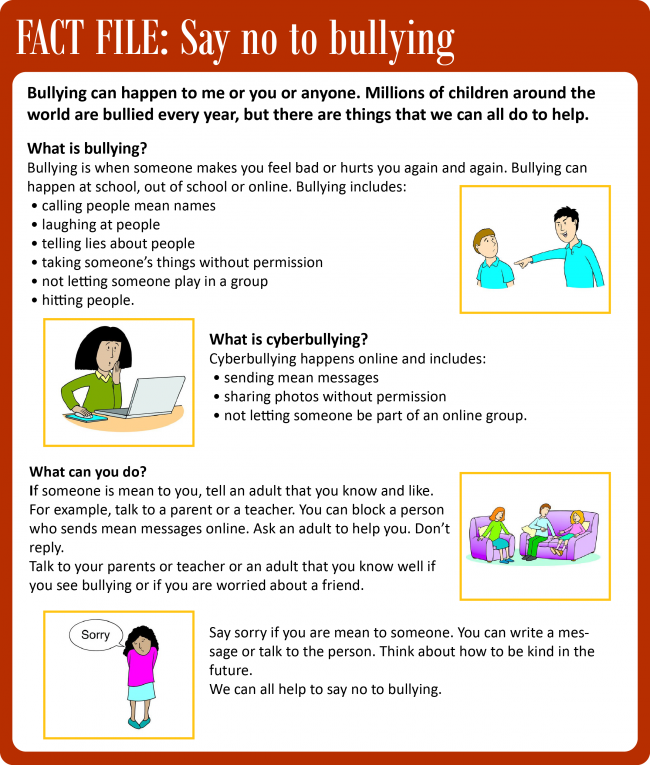
As if depression wasn’t enough, my doctor diagnosed me with generalized anxiety disorder. Soon, it seeped into every aspect of my life, making it impossible to function normally.
I lived in fear of having to talk to strangers. I started to experience anxiety attacks, a racing heart, and feelings of nausea so intense that I avoided socializing in public places like bars and restaurants. For an entire year, I was unable to work at all.
When I decided to try working again, I took on a part-time role with zero responsibility and as little stress as possible to accommodate my anxiety disorder.
It took years of medication, therapy, and finding new healthy habits, but I can now say that I’m symptom-free almost every day.
Now I run my own freelance writing business. After being so afraid of public spaces, I now have the confidence to network with complete strangers, interview others live on the internet, and share my own personal video content on a daily basis.
I regularly speak on podcasts and Instagram Live broadcasts, and attend events in places I’ve never been before because I’ve finally got my anxiety under control.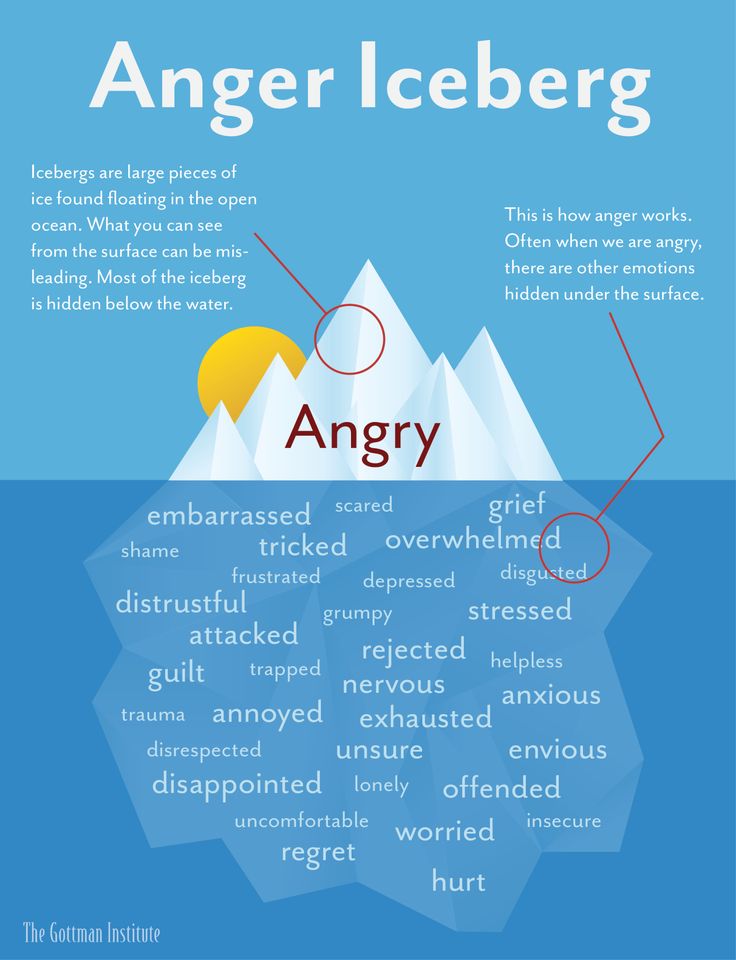
Being held back for so long has made me even more determined to test my boundaries and reach my goals in spite of my anxiety.
It wasn’t easy, but by working with my doctor and learning some tricks, I’ve been able to manage my anxiety. I still have symptoms of anxiety, and I doubt they’ll ever leave me permanently — I’ve just honed my skills and learned how to react more positively.
Here are my tips for taking action when anxiety strikes.
Caffeine is well-known as an anxiety inducer. But for me, drinking coffee has become such a habit that I often forget how sensitive I am to it.
When I’m feeling anxious or I’m anticipating those feelings — like before I use public transportation — I always make a conscious decision to stop drinking caffeine. This goes for caffeinated soft drinks too.
Feelings of anxiety can be so overwhelming that you might feel the urge to have a cocktail to help you relax.
Although this may work in the short term, alcohol actually changes the levels of serotonin and other neurotransmitters in the brain, making your symptoms worse. In fact, you may feel more anxious after the alcohol wears off.
In fact, you may feel more anxious after the alcohol wears off.
One of the worst aspects of anxiety is not knowing why you feel nervous in the first place. You could be lying on an idyllic beach with the ocean waves lapping in the distance and still feel worried for absolutely no reason.
That’s when writing can help. It can be an effective way to explore how you feel, especially if talking out loud feels impossible.
Studies show that keeping a journal is actually a healthy way to deal with negative feelings and can help reduce stress.
Lavender is well-known for its calming properties. Keep a small bottle of lavender essential oil on hand for the scent, for when you feel anxious thoughts brewing.
If you practice mindfulness or meditation, try smelling lavender during your practice. Over time, you’ll associate the feeling of relaxation with that scent, making it even more effective.
Learn how to find quality essential oil here.
If your feelings of anxiety are making it hard to function, you should speak with a mental health professional.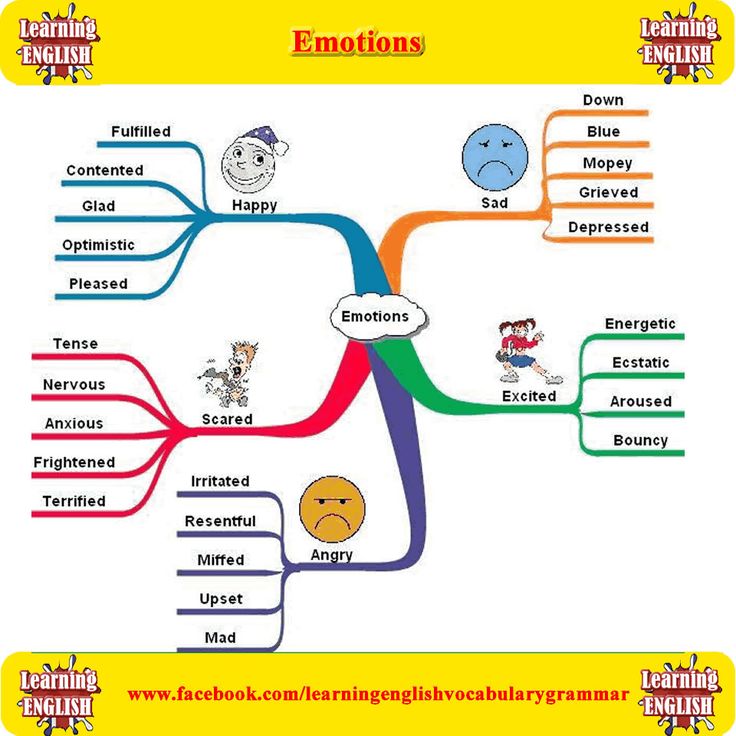 But talking with friends can also help. I have friends who have an anxiety disorder too. When I’m feeling really bad, I send them a message telling them how I’m feeling.
But talking with friends can also help. I have friends who have an anxiety disorder too. When I’m feeling really bad, I send them a message telling them how I’m feeling.
They might have a new hack I can try, or they can point out something that might have acted as a trigger. But sometimes it’s just nice to vent to someone who knows how it feels to be in my shoes.
I use positive affirmations every day to help manage my mood. I also have a different mantra that I repeat to myself when I’m feeling anxious.
Repeating these statements, such as, “I’ve got what it takes,” may help you feel calm. Research shows that positive affirmations may also improve your ability to solve problems when you’re under stress.
Sometimes, when you’re experiencing anxiety, it’s because of a buildup of adrenaline. Exercise — even if it’s just a walk — can help use up that extra adrenaline.
I often feel anxious when I haven’t moved around enough during the day, so walking is an excellent way for me to use up excess energy.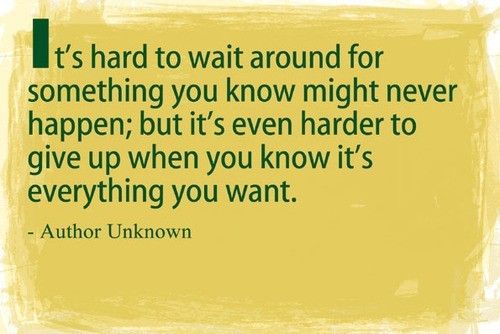
Walking in a wooded area may also improve your well-being. Studies have found that people who walk in nature have lowered levels of stress hormones than when they walk in the city.
You may not realize it, but not drinking enough water can make your anxiety symptoms worse. Dehydration can actually cause heart palpitations. This can lead to feelings of panic, which may trigger an anxiety attack.
Take a few moments to relax and drink a large glass of water and see if you feel any better.
Having alone time is essential for me, and it helps me recharge my batteries and relax. If you’re feeling anxious, then find a reason to be alone. You could take a walk to the shop for some groceries (if you live in a walkable area), go to the gym, or clean the bathroom.
These are all clever little ways to find alone time without seeming rude. It’s also an opportunity to practice mindfulness, which can reduce symptoms of anxiety and panic.
Being constantly plugged in is a modern-day curse that we all need to learn to live with.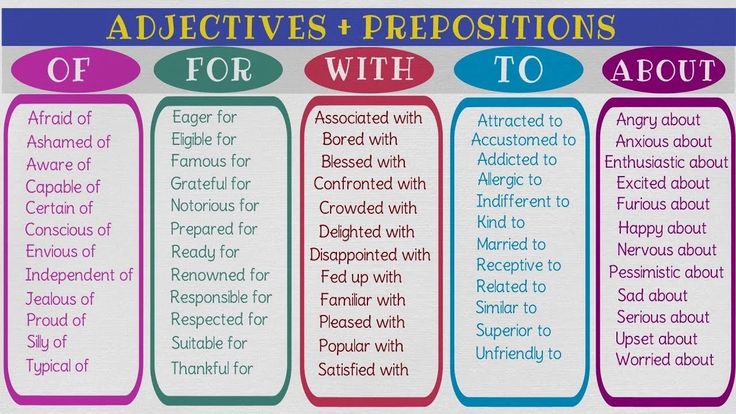
Don’t be afraid to once in a while. Use it as a chance to practice mindfulness, go for a bath, or write down why you’re feeling anxious.
Do you find that your anxious thoughts are taking a toll on you both physically and mentally? This is common, and it can be a vicious cycle, making it hard to relax if your body is tense.
A hot bath with Epsom salts is great for relaxing your muscles, which can also help relax your mind.
I find a bath is also good for encouraging meditation because external distractions like TV are gone.
I can get so wrapped up in my day at work that I forget to eat anything until two in the afternoon. It’s an easy mistake to make, and I often only remember to eat because I start to experience feelings of fear or worry.
Low blood sugar can make you feel nervous, irritable, and anxious. Try eating something easy to digest like a banana. Then follow it up with a well-balanced meal with protein, carbohydrates, and vegetables.
If you’re experiencing an anxiety or panic attack, try doing the following to calm down:
- Take slow, deep breaths.
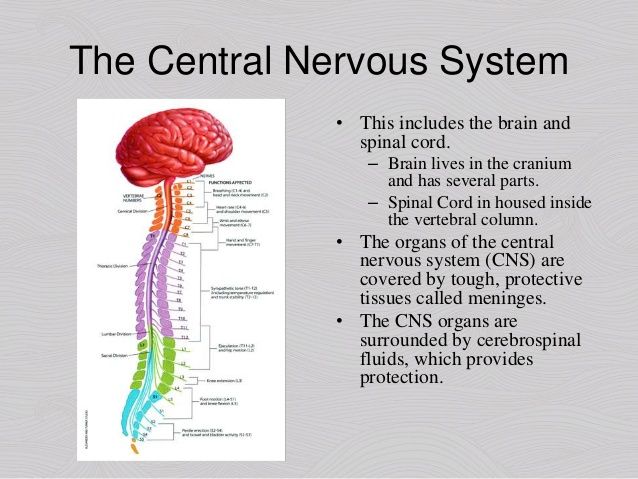 Try 4-7-8 breathing, where you inhale through your nose for 4 seconds, hold the breath for 7 seconds, and exhale through your mouth for 8 seconds.
Try 4-7-8 breathing, where you inhale through your nose for 4 seconds, hold the breath for 7 seconds, and exhale through your mouth for 8 seconds. - Use the 5-4-3-2-1 method, a grounding technique that helps you refocus by looking at 5 objects, listening for 4 sounds, touching 3 objects, identifying 2 smells, and naming 1 thing you can taste.
- Sniff lavender flowers or lavender essential oil for at least 3 minutes.
- Try repeating a mantra, such as, “This too will pass.” It generally takes about 10 minutes for a panic attack to reach its peak intensity, after which the symptoms will start to subside.
- I also remind myself that I’ve survived panic attacks in the past and acknowledge that it’s all going to be okay as long as I’m patient with myself.
There’s no quick fix for anxiety, and it may often feel like an uphill struggle. But by gaining awareness of what causes your symptoms, and getting help from your doctor, you can manage your symptoms.
You may find some of these hacks work for you straight away and others may have no effect at all, but the important thing is to keep trying.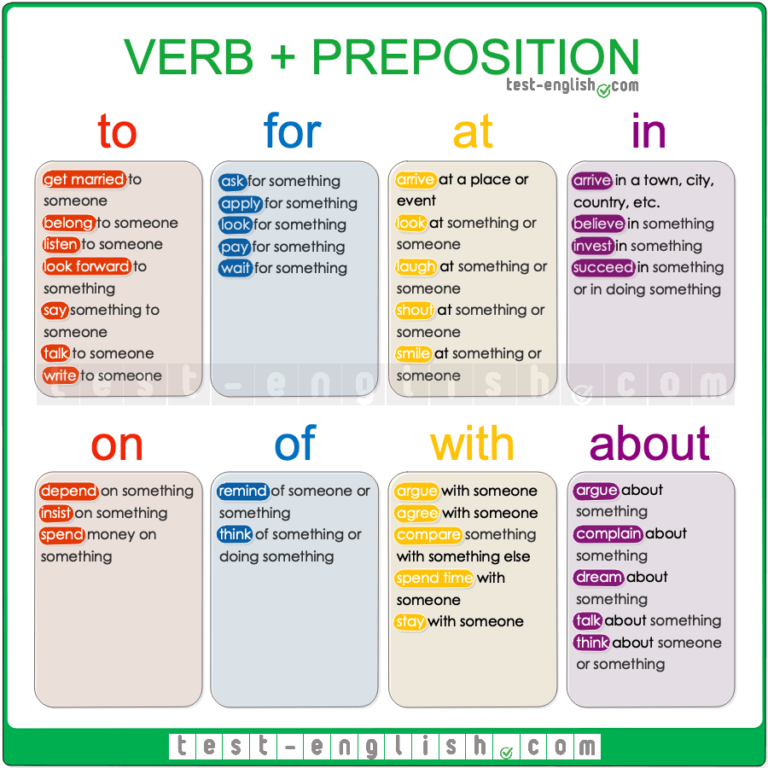
Giving in to feelings of anxiety by retreating from the world only served to make my life more difficult in the long run. Continuing to search for solutions that work for me has been key to my recovery. Practice makes perfect, so don’t stop trying to find ways that work for you.
Fiona Thomas is a lifestyle and mental health writer who lives with depression and anxiety. Visit her website or connect with her on Twitter.
I'm nervous a lot. What to do? — Meduza
1
What happened?
Nothing, but you worry and worry all the time. You feel like something irreparable is about to happen. In fact, feeling anxious is completely natural. If a person was not afraid of anything and did not worry about anything, he simply could not recognize potentially dangerous situations and, as a result, protect himself. Another issue is that constant worry is exhausting, significantly reduces the quality of life and sometimes causes unpleasant symptoms, such as abdominal pain and intestinal upset. Together with the manufacturer of Duspatalin® 135 mg, an antispasmodic used in irritable bowel syndrome, we are looking for simple and effective ways to help bring unpleasant symptoms under control.
Together with the manufacturer of Duspatalin® 135 mg, an antispasmodic used in irritable bowel syndrome, we are looking for simple and effective ways to help bring unpleasant symptoms under control.
2
So what should I do? Do yoga?
You can do yoga, or you can just take a walk in the park. People who move a lot have lower levels of anxiety than people who lead a sedentary lifestyle. Not without reason, WHO recommends at least 150 minutes per week of moderate-intensity aerobic exercise. For example, you can dance or ride a bike for 30 minutes five times a week, the main thing is to enjoy the exercises.
3
I am already doing breathing exercises - will this help?
Yes. Breathing exercises are so-called relaxation methods, their purpose is to help a person calm down. Deep breathing helps to slow down the heartbeat and lower blood pressure when a person is anxious. Exercises can be done in any convenient place and in any convenient position.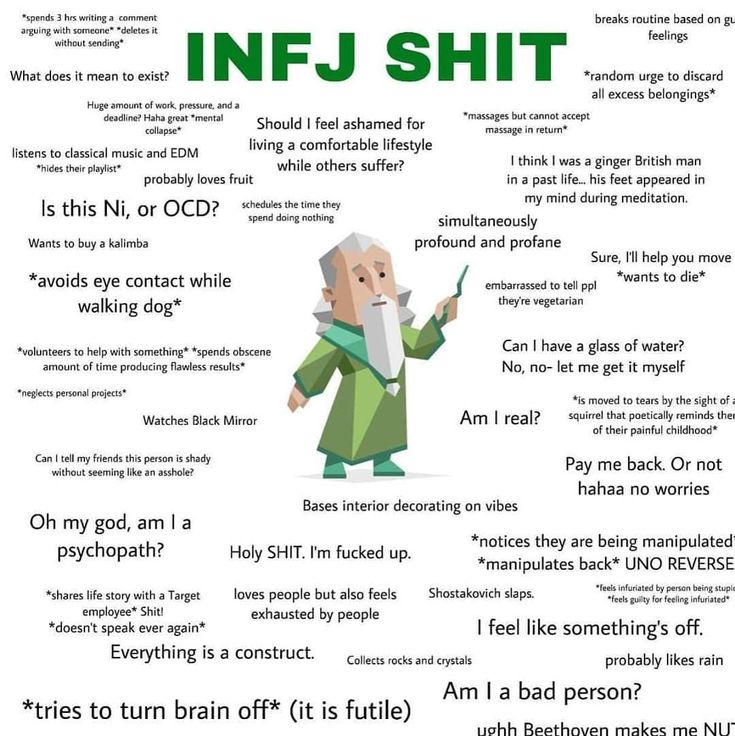 Here is an example of such an exercise: slowly, without much effort, inhale air through the nose (you can count to five in the process), and then exhale through the mouth (also counting to five).
Here is an example of such an exercise: slowly, without much effort, inhale air through the nose (you can count to five in the process), and then exhale through the mouth (also counting to five).
4
What about meditation? The magazines write that it is useful.
That's right. Meditation is also one of the relaxation methods. Of course, it is not a universal remedy, but it can help in the fight against stress, as well as in the treatment of anxiety disorder (but, of course, as concomitant measures).
5
In general, my grandmother drank valerian in such cases. Maybe it will help me too?
As you wish. Existing data are conflicting. Valerian is considered safe (in recommended doses), but it is not recommended to drink it for more than a couple of weeks: the effect on the body with long-term use has not been studied. Plus, it is important to understand that valerian, like other herbal sedatives, has side effects. In any case, before taking such drugs, you should talk to your doctor (especially if you are already taking other medications).
6
Maybe you should listen to music?
We don't know. It is too early to claim that it helps to cope with anxiety and anxiety. There is not enough data yet, although there are some studies on this subject. In one of them, the authors conclude that in preparation for surgery, music reduces anxiety levels better than sedative drugs.
7
What else can you do?
Sleep well and enough (and ideally wake up without an alarm) - lack of sleep exacerbates the situation and makes anxious people even more anxious. Eat a balanced diet and take rest breaks. Plus, you should not withdraw into yourself: communication with loved ones, stable and deep social ties help you feel safe. A hobby or learning a skill—whether it's drawing or a new language—helps you enjoy life more and boosts your self-esteem.
8
What better not to do?
Do not abuse coffee and cigarettes: they will only make things worse. The same goes for alcohol: yes, it can temporarily alleviate feelings of anxiety, but all attempts to stop worrying thanks to alcohol are a direct path to alcohol addiction.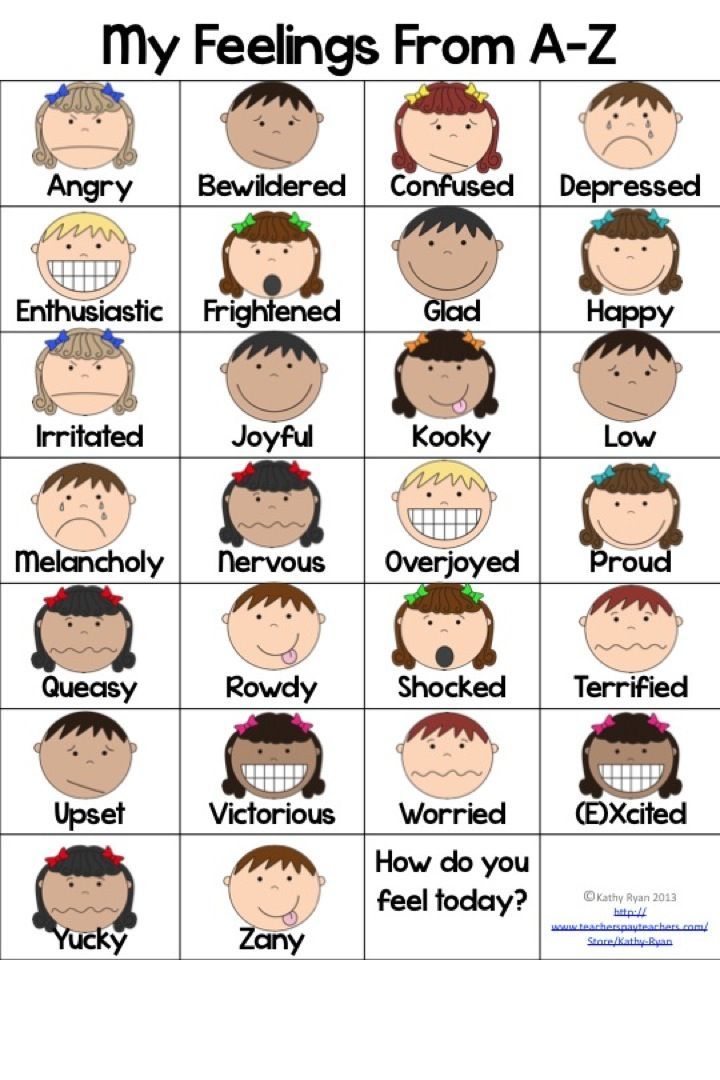
9
Okay, but what if nothing helps?
Go to the doctor. Anxiety that does not go away for a long time can be a sign of an anxiety disorder. In addition to relaxation techniques and regular exercise, the doctor may suggest psychotherapy, such as cognitive behavioral therapy. This method helps to identify and change the beliefs that interfere with the perception of reality. With the help of cognitive behavioral therapy, you can learn to control your emotional state and act consciously. In some situations, drug therapy, such as antidepressants, may also be required.
10
Can your stomach hurt because of stress?
Yes. Many people want to go to the toilet at the most inopportune moment - before an interview or public speaking. This is believed to be due to the fight-or-flight response. Under stress, digestion processes in the stomach and small intestine slow down, and the muscles of the large intestine, on the contrary, begin to contract more strongly, so you want to go to the toilet.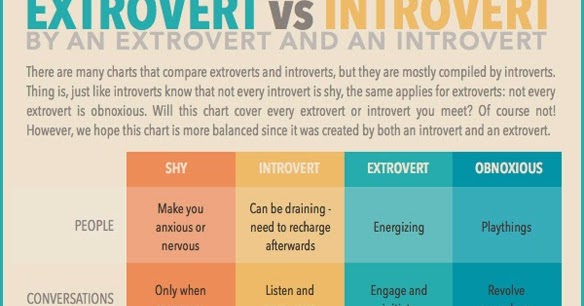 Usually this condition passes quickly, and the same relaxation methods can help. If the bowel behaves unpredictably several times a month, this may indicate irritable bowel syndrome (IBS). Only a doctor can rule out other causes of such symptoms and make an accurate diagnosis.
Usually this condition passes quickly, and the same relaxation methods can help. If the bowel behaves unpredictably several times a month, this may indicate irritable bowel syndrome (IBS). Only a doctor can rule out other causes of such symptoms and make an accurate diagnosis.
11
Irritable bowel syndrome - what is it like?
This is the name given to a condition in which pain, stool disorders (diarrhea or constipation), flatulence and bloating occur periodically. Unpleasant symptoms bother for at least three months and are not associated either with the quality of food or with pathological changes in the structure of the intestine. IBS is not classified as a dangerous condition: it does not affect life expectancy and does not lead to other diseases. But this, of course, is no reason not to do anything.
Up to 20% of people in the world experience irritable bowel symptoms. And there are different ways of treatment. Sometimes a doctor may advise you to keep a food diary, so that later you can prescribe a diet that excludes a certain product from the diet, which provokes an exacerbation of symptoms.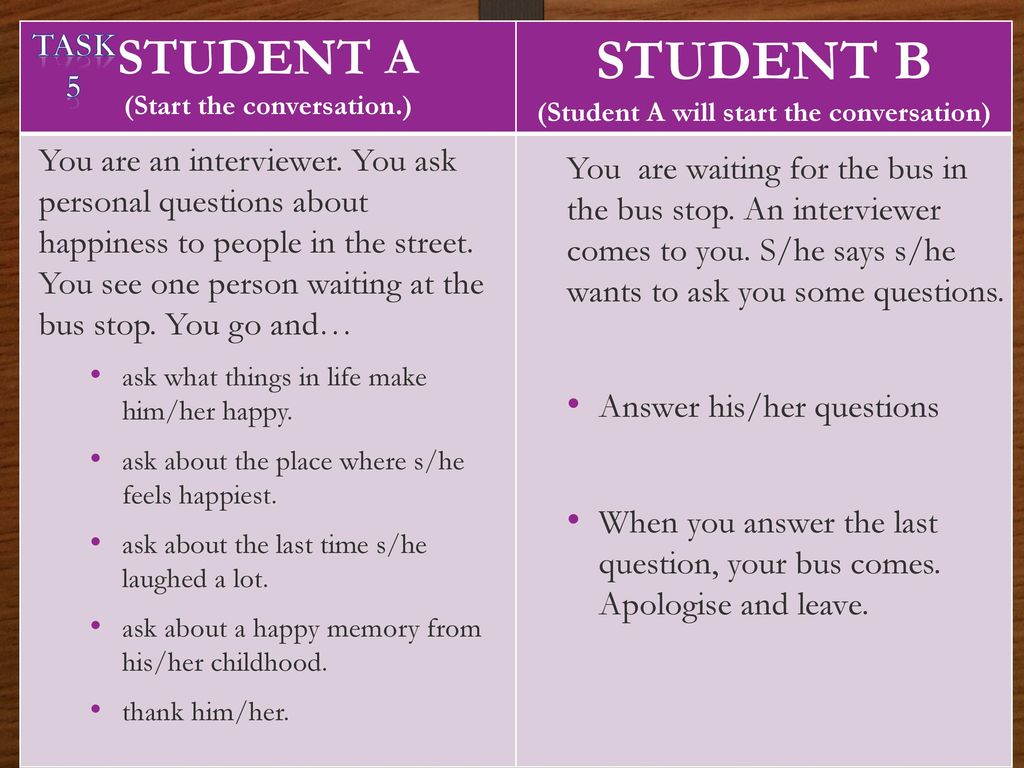 In some cases, psychotherapy can help. For treatment, drugs are also used that help control unpleasant symptoms from the digestive system.
In some cases, psychotherapy can help. For treatment, drugs are also used that help control unpleasant symptoms from the digestive system.
Duspatalin® 135 mg can be used when the symptoms of IBS interfere with normal life. In IBS, spasms can cause diarrhea or constipation. The drug was developed specifically for the treatment of a complex of symptoms of IBS. It has a direct effect on the smooth muscles of the gastrointestinal tract, relieving spasm. This helps to restore normal bowel function, eliminate pain, stool disorders and flatulence. The recommendations of the medical communities say that the duration of treatment for IBS is at least four weeks (usually this is enough to evaluate the effectiveness of therapy).
There are contraindications, it is necessary to consult a specialist.
RUD135192486 of 09/30/2019
How to stop worrying? - keep calm with simple methods
It seems natural for us to worry in difficult situations - before an exam or moving. But what if there is no reason, nothing serious seems to have happened, and you are worried and nervous all the time? Because of what exactly this happens and how to stop worrying beyond measure, we understand below.
But what if there is no reason, nothing serious seems to have happened, and you are worried and nervous all the time? Because of what exactly this happens and how to stop worrying beyond measure, we understand below.
Why we worry What stress can lead to How to get out of stressful situations Perception Sports Recreation
Why we worry
Anxiety is a natural reaction of our nervous system to external stimuli. Moreover, stress and anxiety are considered to be our defense mechanism. Such a response to a stimulus helped our ancestors to survive: met a wolf = stress, you must either run away or kill him = a defensive reaction. It was so while we lived in the world of immediate results. In other words, so far every decision we made has benefited right here and now. For example, if we experienced hunger (stress), went hunting, killed an animal, got food (stress is over).
But now we live in a world of delayed results, that is, our current decisions do not bring us immediate benefits, but are focused on future achievements: education for work, sports for health, investment for income. It turns out that there is more uncertainty - we don’t know for sure whether the investments will pay off, whether education will bring a good job in the future, and sport will bring health. At the same time, the protective mechanism - stress - remained in place, and the time for its elimination increased.
It turns out that there is more uncertainty - we don’t know for sure whether the investments will pay off, whether education will bring a good job in the future, and sport will bring health. At the same time, the protective mechanism - stress - remained in place, and the time for its elimination increased.
Stress is also connected with the fact that our body does not keep up with the scientific and technological progress of mankind. Over the past 200 years, the idea of the world has changed beyond recognition. Think for yourself: if at the beginning of the 20th century you talked about wireless Internet, laptops and space exploration, no one would believe you. And if you tried to do this in the Middle Ages, you would definitely be burned for heresy. At the same time, the structure of the human nervous system and brain is exactly the same as 200 and 500 years ago.
It turns out that our level of stress is objectively affected by:
- changes in living conditions — in the beginning, the level of physical activity and the neuropsychic tension necessary for survival corresponded to each other, but now the tension is much stronger;
- change in the information environment - every decade doubles the amount of information accumulated before.
 It turns out that the rate of receipt of information does not correspond to the biological possibilities of its assimilation, which is aggravated by the lack of time;
It turns out that the rate of receipt of information does not correspond to the biological possibilities of its assimilation, which is aggravated by the lack of time; - the growth of the urban population - the density of human contacts and the degree of tension between people are higher;
- the increased noise level has a negative impact on our psyche and the body as a whole;
- bad ecology - a high level of carbon monoxide in the inhaled air reduces the gas exchange of the brain and its performance.
But even so, some of us tend to worry for any reason and without and are ready to turn on half a turn, and some remain calm as an elephant even in stalemate situations. This is due to differences in how sharply our nervous system reacts to arousal. There are 2 types:
- strong - high endurance and performance. The central nervous system is able to withstand strong or prolonged excitation without going into a state of inhibition;
- weak - low endurance and performance.
 The central nervous system is hypersensitive and is able to respond to the slightest impulses.
The central nervous system is hypersensitive and is able to respond to the slightest impulses.
The strength of the nervous system is an innate indicator and, by the way, underlies the division of people according to temperaments. So, a sanguine, choleric, phlegmatic person has a strong nervous system, and a melancholic person has a weak one.
Subjective reasons also include:
- hyper-responsibility;
- overwork;
- psychological trauma from childhood - excessive parental care or, conversely, frequent stress.
What stress can lead to
Not all anxiety is bad: in some situations it can even be beneficial to be nervous. For example, before an exam. At this moment, the body mobilizes all its forces, which allows you to concentrate faster, remember the material and complete the task better. This mobilization allows you to better cope with an extreme situation. Such stress is also called positive or eustress, and it is always:
Such stress is also called positive or eustress, and it is always:
- short term;
- increases efficiency and attentiveness;
- is quite easily tolerated physically and psychologically;
- ends with relaxation and positive emotions.
Of course, even acute short-term stress does not always have a positive effect and has a stimulating effect: a person, on the contrary, may fall into a stupor or start to panic. And yet, when the threat passes, the body quickly recovers.
But too frequent and chronic stress, when the body is in constant tension, is detrimental not only to the nervous system. The human body produces a sharp release of hormones, which is why it experiences not only psychological, but also a constant physiological load.
This type of nervous tension is also called distress, and it is characterized by:
- chronic or acute course;
- decreased performance and concentration;
- loss of ability to adapt to the environment;
- physiological malaise on the background of negative emotions;
- development of somatic and mental diseases.
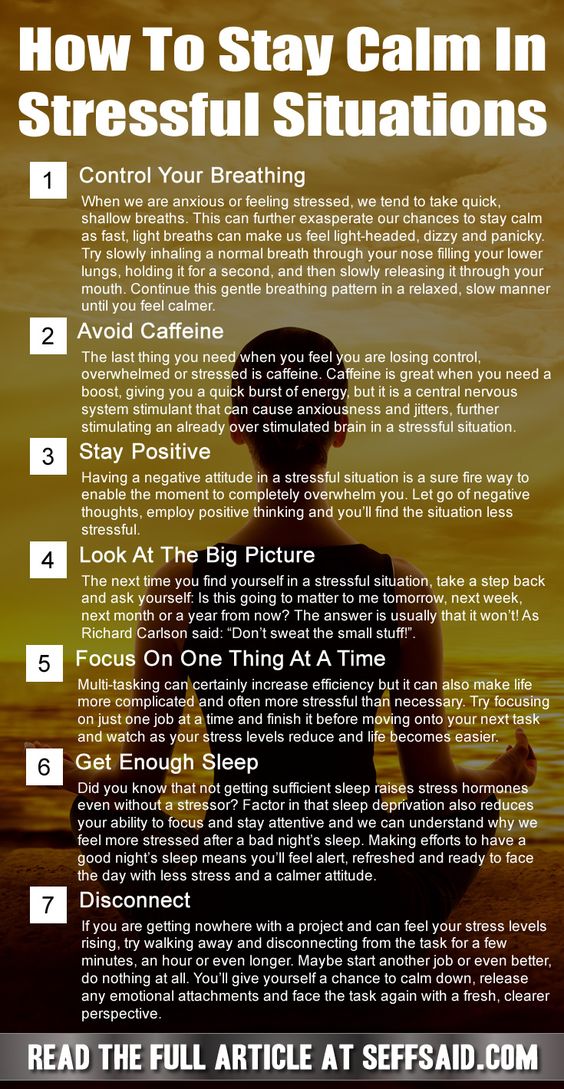
The negative impact of stress extends to all aspects of human life: emotions, behavior, mental abilities and physical health. But because people react differently to stressful situations, symptoms and severity can vary. The state of stress can be determined by:
- vegetative-vascular symptoms: headache, trembling, sweating, cold extremities, fatigue;
- tachycardia and chest pain, other muscle tension;
- gastrointestinal disorders;
- eating disorders resulting in weight loss or gain;
- colds and infectious diseases - appear due to a decrease in immunity;
- emotional problems: depression, anxiety, isolation, inability to relax;
- cognitive impairment: forgetfulness, poor concentration;
- sleep problems.
More serious consequences may appear: diseases of the cardiovascular, nervous systems and gastrointestinal tract, immunodeficiency and other unpleasant things.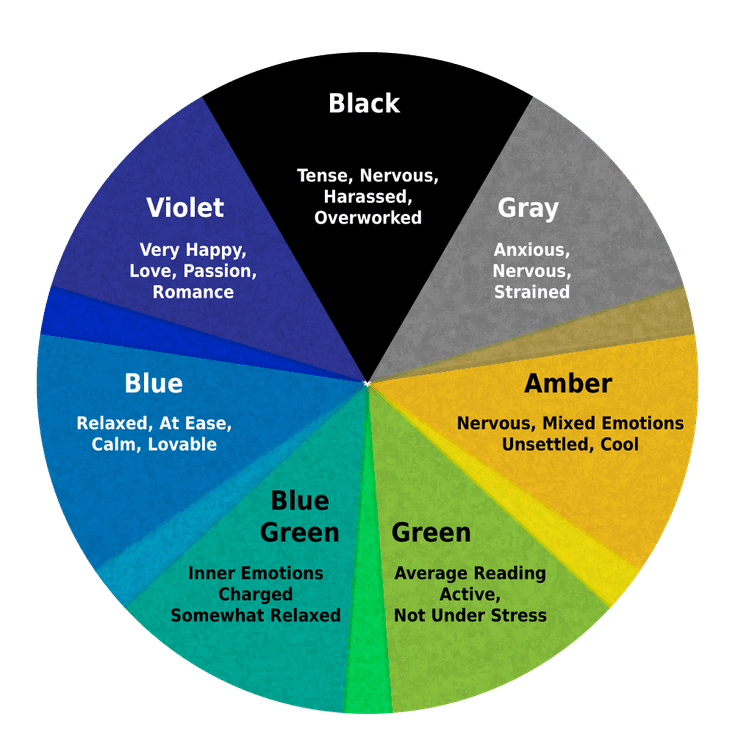
How to get out of stressful situations
If you can’t collect your thoughts and stop being nervous before an important event - an exam, a presentation, an interview - or, conversely, after it, you can use several proven methods:
- breathing exercises — when we are nervous, we breathe from the chest, but only breathing with the diaphragm, that is, with the stomach, helps to calm the heartbeat and relieve the jitters. It is necessary to take a slow breath (you can count up to 3-4 in your mind), hold your breath, and then also exhale slowly. The exercise must be repeated several times until the heartbeat evens out;
- affirmations - repeat silently or out loud phrases that lift your spirits and show high competence. For example, I am smart, I can, I am happy, I am healthy, I am calm, etc.;
- visualization - this method is similar to the previous one, only here you need to imagine a picture of how you successfully cope with an event that makes you nervous.
 If this is a presentation, you can imagine how you confidently and clearly tell all the points, you clap at the end and all questions after that turn out to be easy;
If this is a presentation, you can imagine how you confidently and clearly tell all the points, you clap at the end and all questions after that turn out to be easy; - discharge - if the situation does not require immediate resolution, you can retire and just throw out negative emotions: cry or shout, and then take on the problem;
- change of focus - switch your attention to other tasks that do not cause you so much stress, deal with them, and then return to the problematic issue - it will be easier to solve it in a calm state.
With short-term stressful situations, everything is clear, but overvoltage can be permanent. In this case, one-time exercises will not be able to cope with the problem; longer-term solutions are also needed.
Perception
Changes in perception are the most difficult for us, largely because people develop strong structures of past experience in the form of schemas or basic beliefs about the world. Some people are focused on maintaining stability, while others are focused on change. Someone processes the information received rationally, on the basis of logic, reasoning and consistent conclusions, and someone - at the level of emotional perception or even intuition.
Some people are focused on maintaining stability, while others are focused on change. Someone processes the information received rationally, on the basis of logic, reasoning and consistent conclusions, and someone - at the level of emotional perception or even intuition.
Depending on a person's orientation towards change or stability, as well as emotional and rational characteristics, four styles of responding to unexpected situations were identified:
- reactive - it is impossible to absolutely accurately predict how the situation will develop, but people of this type tend to exaggerate negative forecasts, and because of this they experience vivid negative emotions as a reaction to a situation of change (anxiety, fear, panic). And since overly emotional states always turn into a loss of strength and resources, representatives of the reactive type need a long recovery;
- conservative - the reaction to changes is more rational and thoughtful.
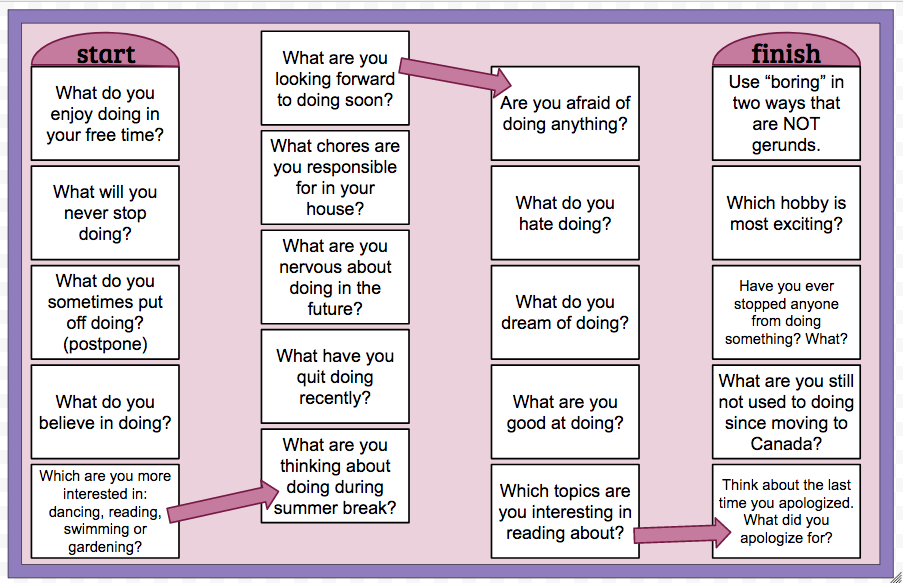 At the same time, people of this type do not like something unexpected and unpredictable precisely because they carefully plan each upcoming step and do not accept when changes are stronger than themselves. Novelty, on the other hand, destroys the established order and destroys the algorithms that have developed from life experience. So, if changes occur unexpectedly, then a negative attitude is automatically formed towards them;
At the same time, people of this type do not like something unexpected and unpredictable precisely because they carefully plan each upcoming step and do not accept when changes are stronger than themselves. Novelty, on the other hand, destroys the established order and destroys the algorithms that have developed from life experience. So, if changes occur unexpectedly, then a negative attitude is automatically formed towards them; - realizing - such people are able to adapt to any situation if they see advantages and benefits in it. It doesn't have to be something material, personal growth and development will do as well. What is happening is taken as a challenge, something that can be turned to your advantage and grow at the expense of it;
- innovative - a person with this type strives for something new and wants change, so any unfamiliar situation and experience is perceived positively. He craves new experiences and emotions because he is bored in a stable situation.
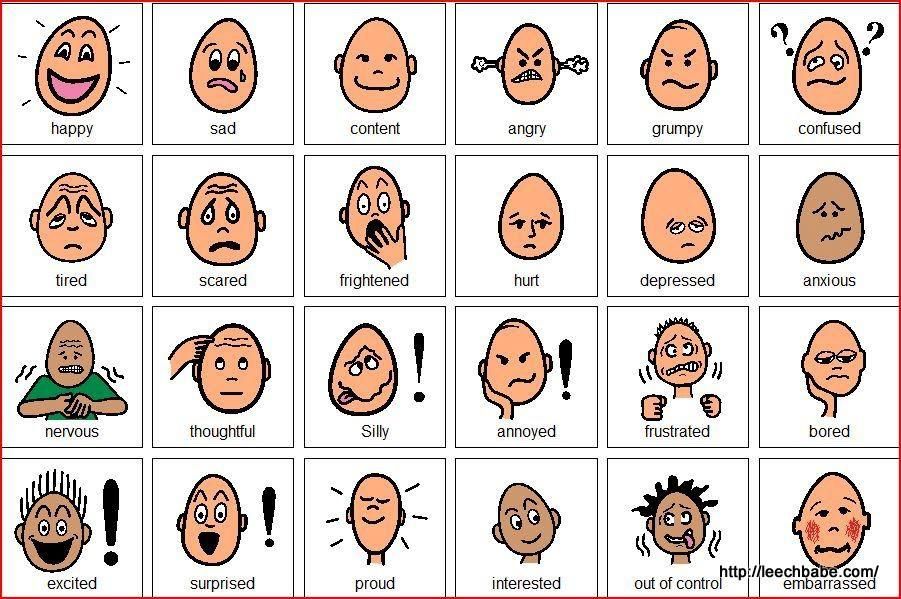
At the same time, there are not so many people with only one clear type of response to the situation of change. More often, there is a combination of different types for reactions to different situations. For example, you can be conservative when it comes to dealing with people, but innovative when it comes to your career.
However, if you react negatively to changes and worry about trifles, this does not mean that nothing can be done about it.
It is important to learn to notice your reactions to stressful situations of change and consciously switch on and off different types of reactions. In other words, you need to learn how to balance a negative response. Often, the first reaction is anxiety and panic. It is important for a reactive person to smooth out unnecessarily negative forecasts, so you can prescribe various options for the consequences and find a solution for each. A conservative needs a plan so that an algorithm of actions can be drawn up.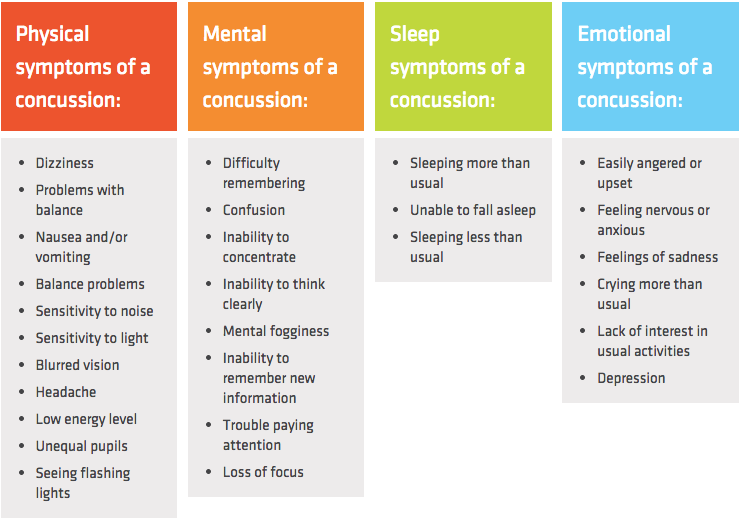
Sport
Any kind of physical exercise helps not only to get in shape or lose weight. They also directly affect stress levels, psychological and emotional stability.
First, exercise makes you feel better and uplifts your mood by releasing endorphins and other neurotransmitters. One workout relieves stress for 90-120 minutes. And the upsurge comes also thanks to the realization: I’m done, I didn’t score for training, but I came and I could.
Secondly, the concentration of attention increases. During sports, many people forget about extraneous matters and problems and concentrate solely on body movements. It turns out that if you train regularly, the ability to focus on one task and achieve the goal develops.
Thirdly, exercise reduces anxiety. This is due to the fact that after the activity, the electrical activity of the muscles decreases. Thus, physical activity also has a positive effect on sleep, which is often disturbed due to severe stress.
Finally, exercise improves appetite and the quality of food consumed. People who exercise regularly tend to eat more and prefer healthy foods. Good nutrition helps the body successfully cope with stress and its consequences.
You don't have to sweat hard in the gym or run marathons. According to doctors, it is enough to do moderate aerobic activity - walking at a brisk pace, fitness or swimming - 150 minutes a week. Or spend 75 minutes a week on intense aerobic activity: the same running or cycling.
It is also important to remember that if you have never exercised regularly before, or if you have taken a long break, you need to introduce physical activity gradually and little by little.
Rest
One of the most important rules is to have at least one day in the week that you can completely devote to rest. It doesn’t matter how you will relax here: lie in bed all day or enjoy the forest, the main thing is that it should be different from the other 6 days.
The ideal option is to turn off all notifications on your phone and go out of town. In other words, do something that is completely out of the standard scenario of your day and just enjoy the “here and now”.
Another good way is to spend the day with friends or just with people you enjoy talking to. You can go to a cafe or watch a movie, get together at home or go to visit, do active sports or play board games. It is important that during such communication you do not think about problems and deeds, and the company has a calming effect on your psyche.
It is also a good option to dedicate time to hobbies or other interests. In everyday life, we often do not have enough time for our hobbies. At the same time, such classes are considered excellent therapy and are great to calm the nerves. It can be anything: singing, dancing, knitting, reading or meditation.
But for a good rest it is important not only to be able to relax during the day, but also to remember about quality rest at night.


